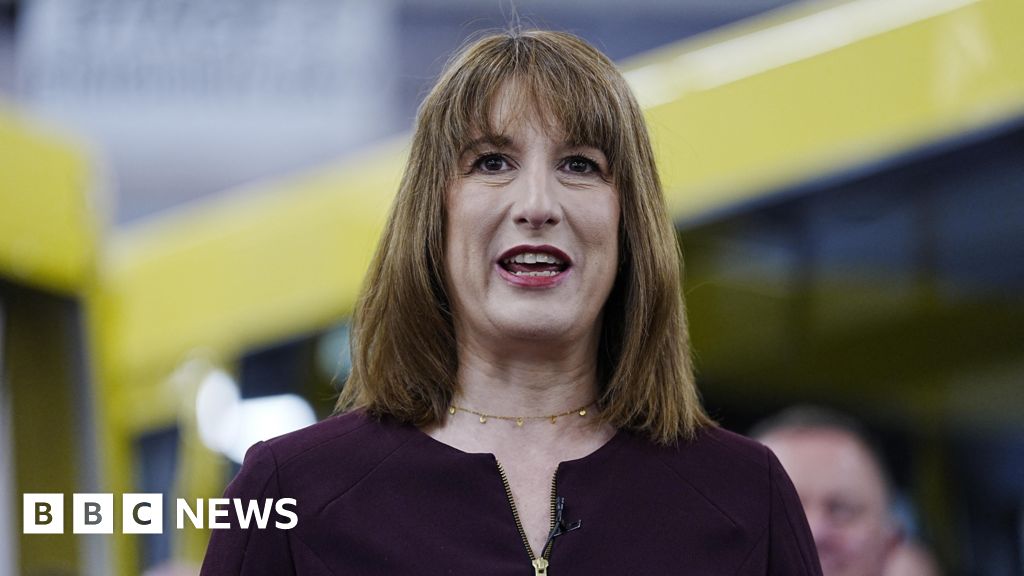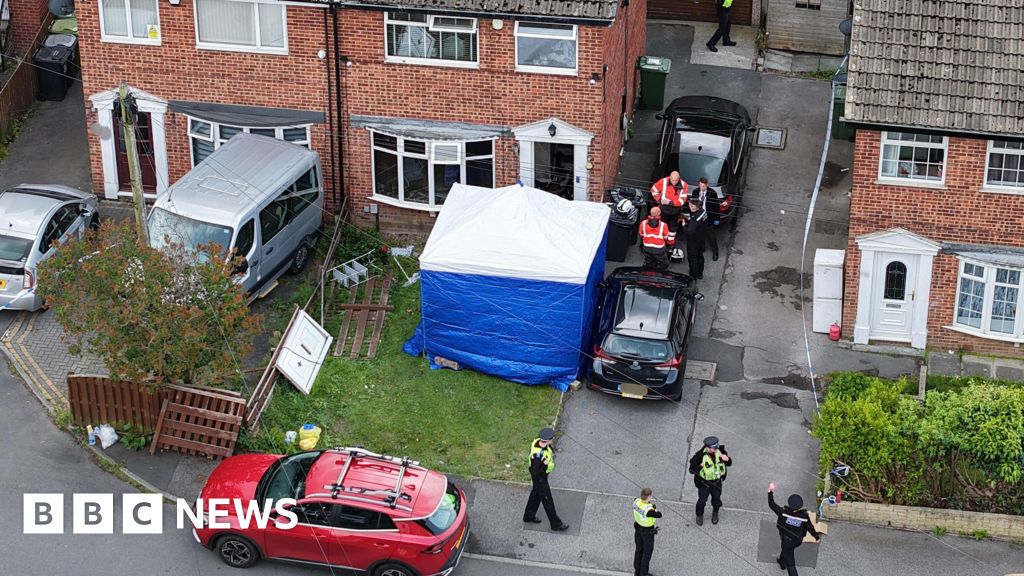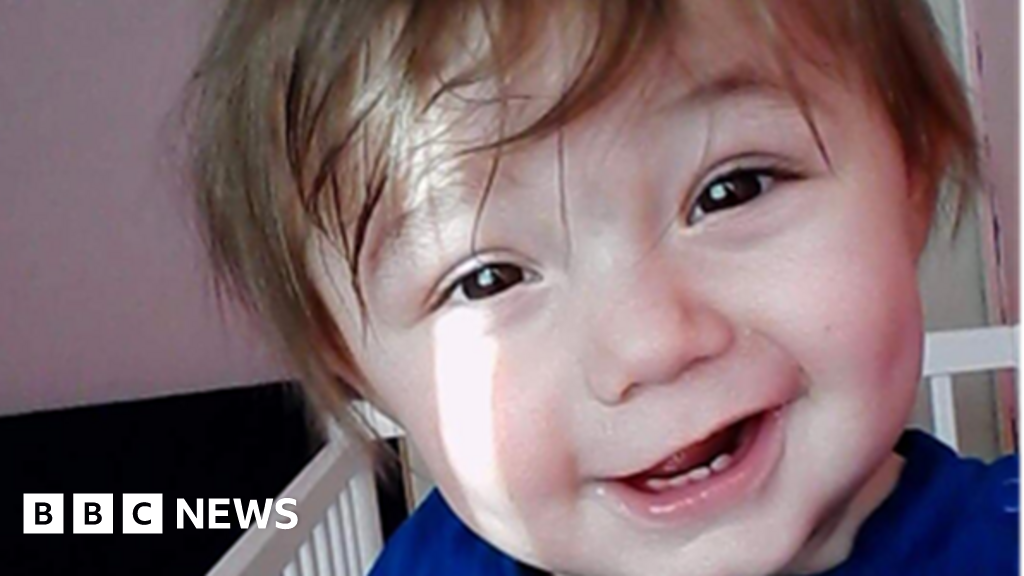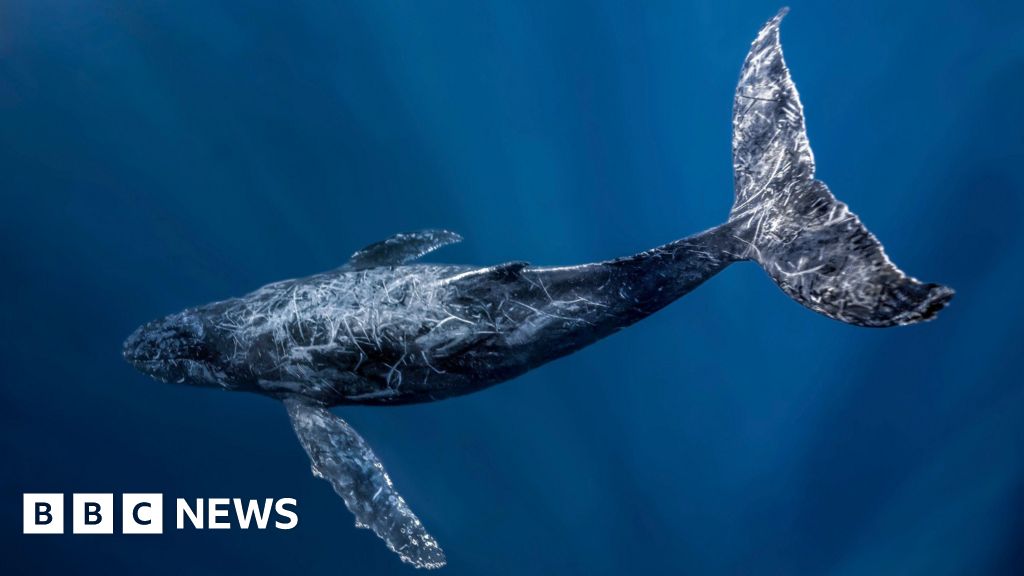President Donald Trump's sweeping new travel ban which bars citizens of 12 countries from entering the United States came into effect at 00:00 ET (05:00 BST) on Monday.
The order, which Trump signed last week, restricts the nationals of Afghanistan, Myanmar, Chad, Congo-Brazzaville, Equatorial Guinea, Eritrea, Haiti, Iran, Libya, Somalia, Sudan and Yemen from entering the US.
Nationals from a further seven countries - Burundi, Cuba, Laos, Sierra Leone, Togo, Turkmenistan and Venezuela - will face partial travel restrictions.
The US president said the list could be revised if "material improvements" were made, while other countries could be added as "threats emerge around the world".
It is the second time Trump has ordered a ban on travel from certain countries. He signed a similar order in 2017 during his first term in office.
The White House said these "common sense restrictions" would "protect Americans from dangerous foreign actors".
There are a number of people from affected countries who may still be able to enter the US due to a number of exceptions. The order does not apply to:
"Lawful permanent" US residentsTheir immediate family members who hold immigrant visasUS government employees with Special Immigrant VisasAdoptionsDual nationals when the individual is not travelling on a passport from one of the affected countriesAfghan nationals holding Special Immigrant VisasHolders of "immigrant visas for ethnic and religious minorities facing persecution in Iran"Foreign nationals travelling with certain non-immigrant visasAthletes, their teams (including coaches and supporting staff), and their immediate family when travelling for major sporting events, such as the men's football World Cup in 2026 and the Summer 2028 Olympics in Los AngelesIn addition, the US Secretary of State may grant exemptions to individuals on a "case-by-case" basis, if "the individual would serve a United States national interest".In a video posted to his Truth Social website last week, Trump said the recent attack in Boulder, Colorado "underscored the extreme dangers" posed by foreign nationals who had not been "properly vetted".
Twelve people were injured in Colorado on 1 June when a man attacked a group gathering in support of Israeli hostages. The FBI called it a suspected terror attack and said the suspect had used a makeshift flamethrower, Molotov cocktails and other incendiary devices.
The man accused of carrying out the attack was identified as an Egyptian national, but Egypt has not been included on the list of banned countries.
Trump's latest order, which is likely to face legal challenges, drew a swift response, at home and abroad.
Chad retaliated by suspending all visas to US citizens while Somalia promised to work with the US to address security issues.
The African Union, which represents all countries on the continent, called on the US to "engage in constructive dialogue with the countries concerned".
In the US, Democrats were quick to condemn the move.
"This ban, expanded from Trump's Muslim ban in his first term, will only further isolate us on the world stage," Congresswoman Pramila Jayapal wrote on social media.
But others support the ban.
Congressman Clay Higgins of Louisiana told the BBC that travel to the US was "a privilege, not a right".













